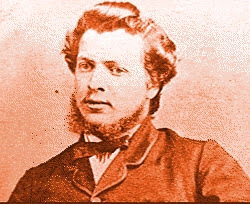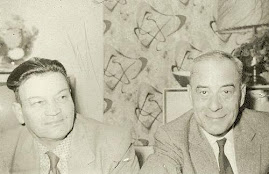Globe and Mail
By Bill Curry
The Supreme Court of Canada will be asked to decide whether thousands of Canadians should be added to the federal list of status Indians, a process that will likely pre-empt the government's plans to re-write the definition this fall.
In an interview with The Globe and Mail, Sharon McIvor says she will seek leave to appeal a B.C. Court of Appeal decision in a case with major implications for native communities and the federal government.
Ms. McIvor is a B.C. lawyer who first launched her legal battle against the Indian Act just months after it was re-written in 1985 – when she was still a law student - on the grounds that it continued to deny her Indian status because of her gender.
Ms. McIvor's announcement comes just days after Indian Affairs Minister Chuck Strahl said the government would not appeal and intended to rewrite the definition of Indian status over the summer and introduce amendments to the Indian Act this fall.
“The B.C. Court of Appeal narrowed the decision so much and gave the government license to add as few people as they possibly can,” she said in a telephone interview. But even though she and her son now have status, Ms. McIvor said she will launch a costly appeal on behalf of those who have been left out.
“I won. My grandchildren will get status because that's what this was about, but you know, there are so many people out there that have been waiting and waiting and waiting and when the B.C. Court of Appeal made the decision and they narrowed it, it cut many of these people out. It's just not fair.”
The Indian Act, which was first introduced in 1876, has not had a significant update since 1985. That rewrite 24 years ago sought to end the discrimination in the definition of status Indian as it applied to women.
However, two court decisions in what is called the McIvor case have ruled that women are still treated unfairly in some scenarios when it comes to passing their status down to their grandchildren.
Ms. McIvor successfully fought the provisions on the grounds that she was originally unable to pass on status to her grandchildren because she was a woman.
The B.C. Supreme Court first issued a ruling that would have extended status to anyone who could prove discrimination in their family tree from 1876 to 1985. Ms. McIvor said that ruling, had it not been appealed, would have added about 100,000 people to the ranks of status Indians.
The B.C. Court of Appeal then ruled in April that the current definition will be struck down by April, 2010, unless Parliament passes a new definition. That ruling found a more narrow form of discrimination, limited to the period from 1985 to the present. That ruling would likely only affect a few thousand people. However, the ruling did not recommend a way for MPs to fix the problem.
Having aboriginal status qualifies a Canadian citizen for non-insured health benefits from Health





No comments:
Post a Comment